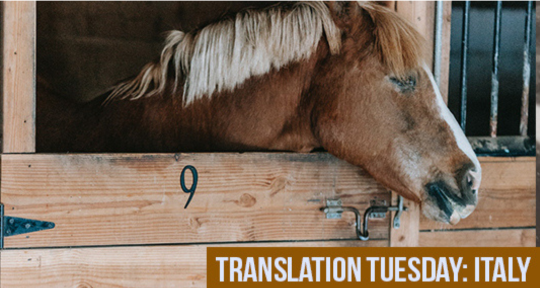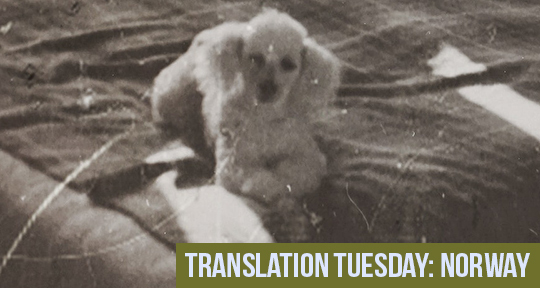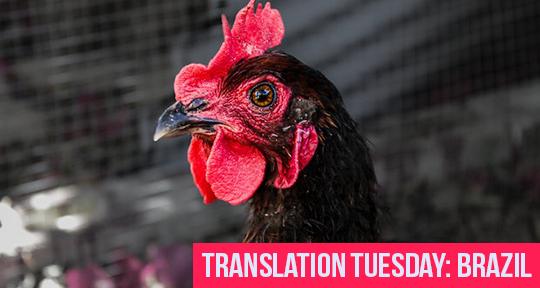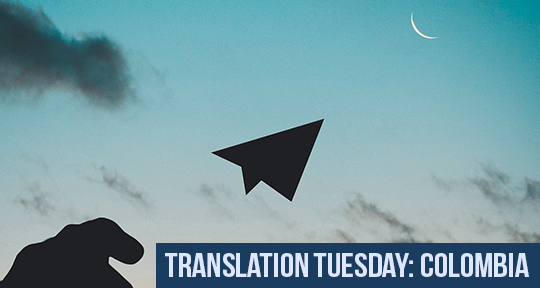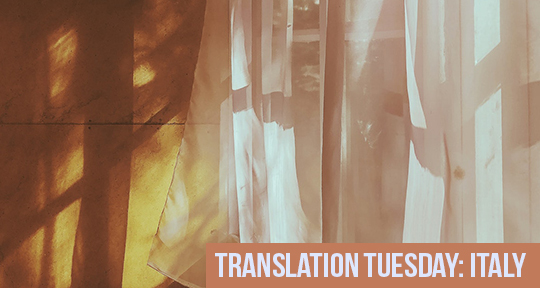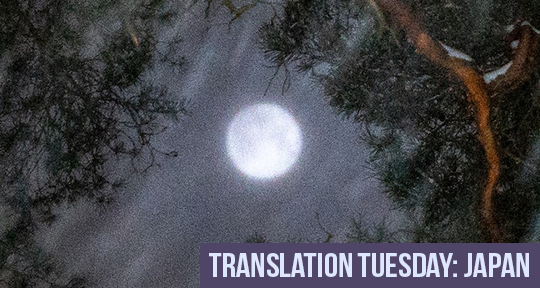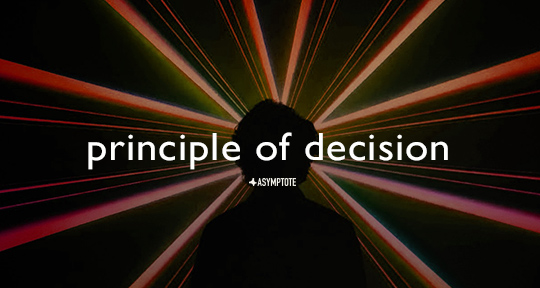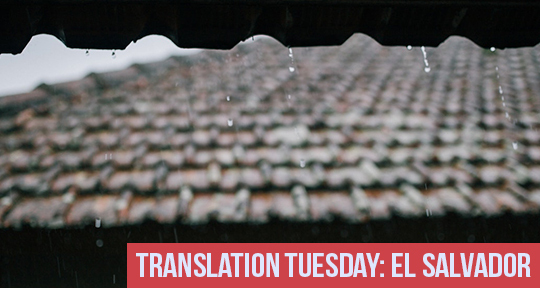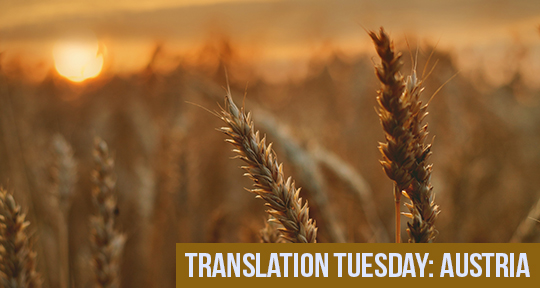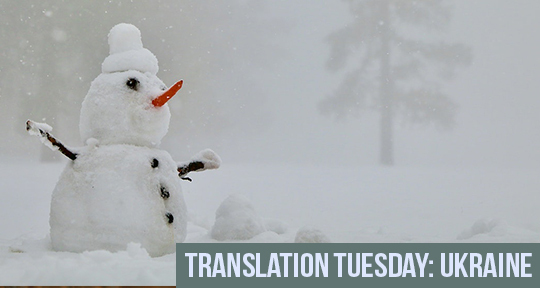This Translation Tuesday, we deliver a story of coming to terms with death. Set on a farm which bears the scars of a prisoner-of-war camp, Mario Schlembach’s “Bambirambo” centers a child surrounded by decay, but only awakened to the harsh reality of decomposition when his friend, a rescued fawn, takes his last breath without warning. On translating this precise and delicate tale of reckoning, translator Cristina Burack writes: “The juxtaposition of the fawn—befriended and cared for, observed in death and decay, and never forgotten—and the buried prisoners-of-war, anonymous over decades, spur reflection on the human relationship to and remembrance of life and death, casting it in a unique light. The related tension between naivete and violence is even encapsulated in the title, ‘Bambirambo’, so wonderful in its alliteration and the associations it invokes. As a translator, I found it challenging to keep the prose as clean but specific as possible— something which German verbs do very well and very succinctly. I also had to decide how to translate verbs in a sentence where the subject wasn’t repeated. Ultimately, I decided to repeat the ‘you’ to emphasize the directness and the pull on the reader as a part of the story.“
Bambirambo
“Do you know what decomposition sounds like?” The rotating wings of the circling flies tumbling over each other. A humming and buzzing, vibrations, drawing the gaze, as if the dead creature were a place of life. You want to capture the moment, and you press the shutter button.
***
Once freed, this memory plunges you into the blood-colored afternoon. It’s early summer. You hear the noise of the old SAME tractor’s motor. The even strokes of the mower as it carves its path through the high grass around the dilapidated barracks. You, all of eight years old, go ahead to warn your father of barbed wire, rocks or ditches that are too deep. New relics grow each year out of the once scorched earth. You don’t yet know that you’re mowing over death and oblivion. It’s only much later that you’ll see photos from back then.
*
1940. Wood barracks, a seemingly unending number of them, and more than 50,000 people from all over the world, locked up like animals at a time when what was thought to be impossible had become possible. The brutalized bodies no more than display material and research objects for a perverted, deadly science.
*
The grass dries up into hay in three days. Your father rakes it into windrows and then brings the press. The machine advances tirelessly, picking up everything, as the unvarying waltz-like dance bathes your senses in its soporific rhythm, unleashing your fantasy.


